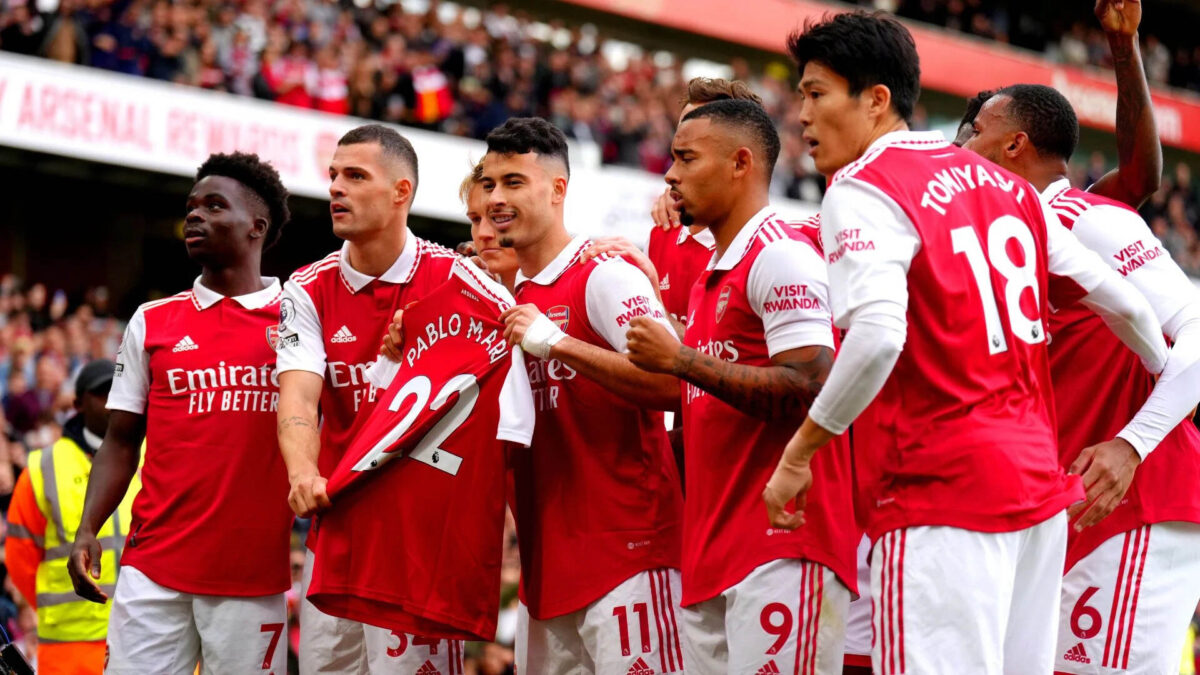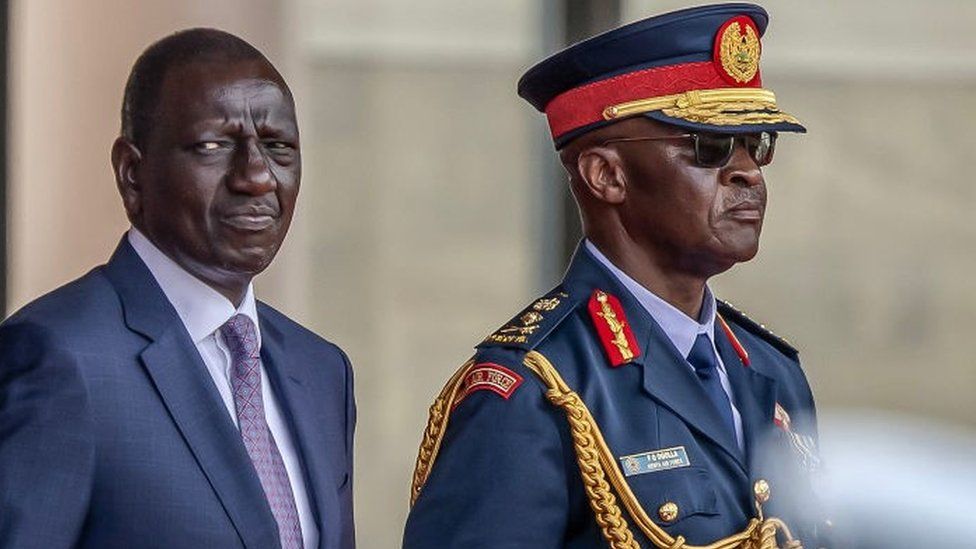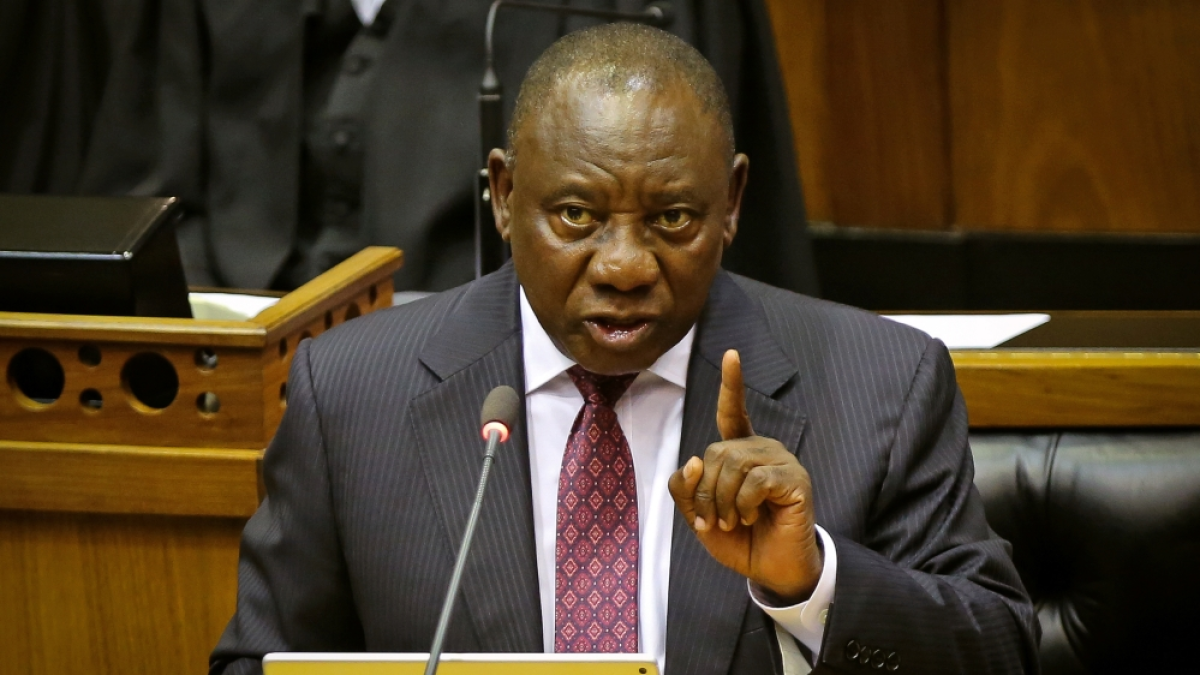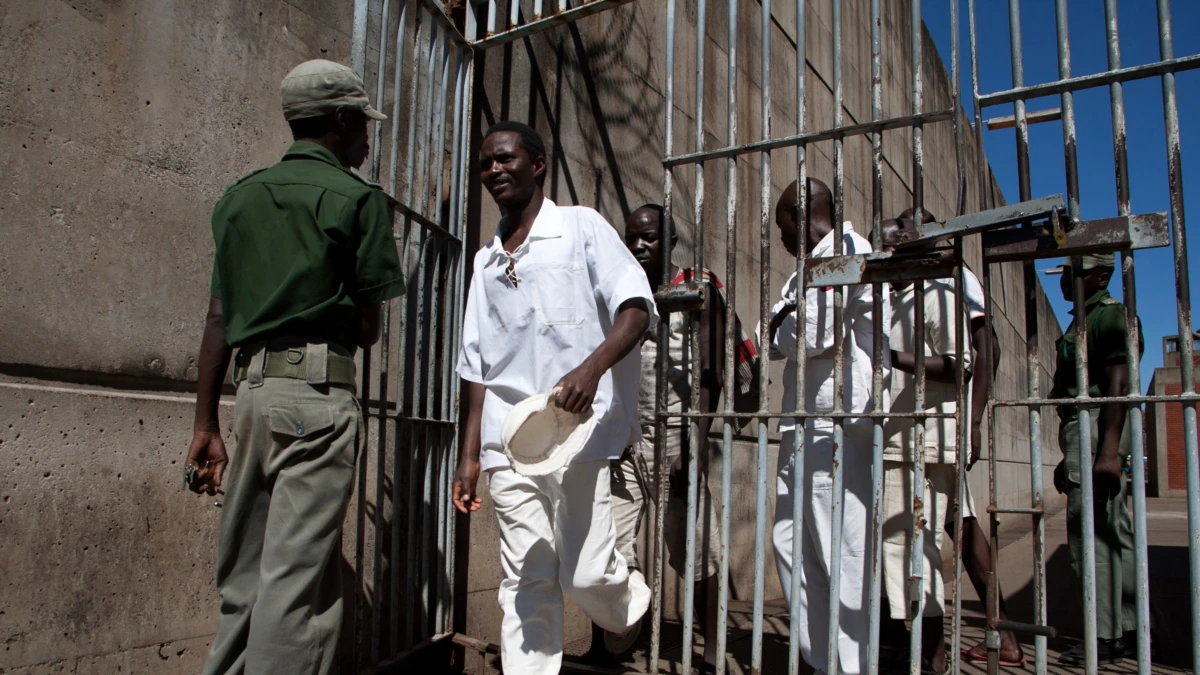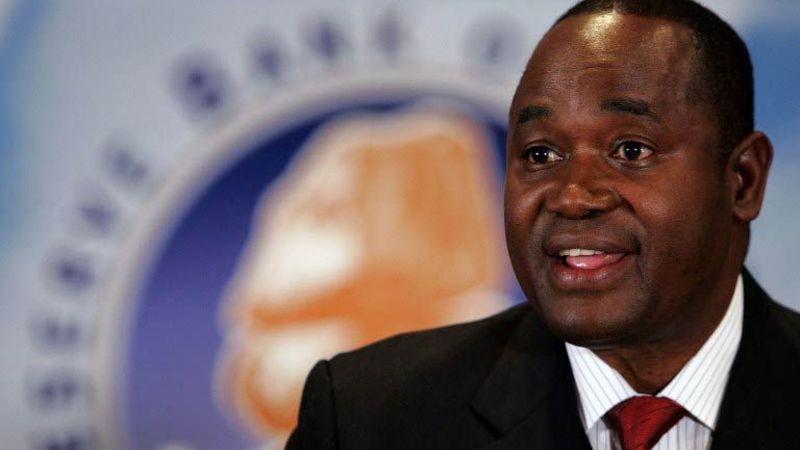HARARE – Zimbabwe’s first election since the ousting of Robert Mugabe did not meet international standards, European Union observers said Wednesday in a final report that raised a series of irregularities in the disputed vote.
The July 30 presidential poll saw Emmerson Mnangagwa win with 50.8 percent of the votes, just enough to avoid a second round run-off.
Mnangagwa sought to present the election as marking a new chapter for Zimbabwe after years of repression and economic decline, but a deadly military crackdown on protesters and allegations of rigging marred the vote.
“The elections fell short of international standards,” Mark Stevens, deputy head of the EU mission, told a press conference in the capital Harare.
Stevens said the election campaign and voting day were largely peaceful but multiple factors affected the fairness of the result.
“The misuse of state resources, instances of coercion and intimidation, partisan behaviour by traditional leaders and overt bias in state media, all in favour of the ruling party, meant that a truly level playing field was not achieved,” he said.
He noted irregularities such as some results not posted outside polling stations after the ballot count — as demanded by law.
“Such incidents added to concerns about the lack of transparency, traceability and verifiability of the vote,” he said, adding results were not “presented in a verifiable way.”
The EU also criticised “excessive use of force by security forces” when the military opened fire on opposition supporters in violence that left six dead after the election and the arrest of opposition members.
It called for Zimbabwe to make moves to ensure the independence of the electoral body.
The FINAL @eueomzimbabwe report posits that the elections DID NOT MEET the international standards!
In other words, the elections were a no show, poison to democracy & a waste of time and tax-payers' money! Shame on you @ZECzim.@eueomzimbabwe @edmnangagwa pic.twitter.com/Pi3AXUFJho
— TeamPachedu (@PacheduZW) October 10, 2018
In a statement, Chief Observer Elmar Brok said: “There is a thirst for democratic change in the country and the people want to see democratic dividends delivering a better life for all Zimbabweans. The EU’s Report and Recommendations are offered to support such a democratic direction.
“It is fundamentally important that both government and opposition pursue democratic aspirations of the citizenry and deliver necessary reforms. The test of any successful democratic transition is when the opposition of today has a fair chance to be the government of tomorrow.”
The opposition MDC party unsuccessfully challenged Mnangagwa’s victory in court.
Mnangagwa took over in November last year after Mugabe was forced out in a military coup after 37 years in power.
READ THE FINAL EU ELECTION OBSERVER MISSION REPORT, CLICK HERE


